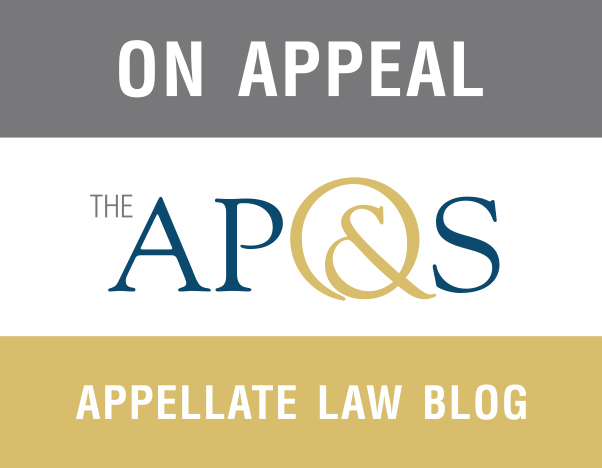In a decision that impacts most litigators in Rhode Island, the Rhode Island Supreme Court has held that affidavits or testimony offered to support a claim for attorneys’ fees must be from a member of the Rhode Island Bar who is not representing any of the parties in the action in which the fees are sought. See Tri-Town Constr. Co. v. Commerce Park Assocs. 12, LLC, 139 A.3d 467 (R.I. 2016).
It has long been the law in Rhode Island that “‘the determination of whether an attorney’s fee is reasonable requires particular facts in the form of affidavits or testimony upon which the trial court may premise a decision.’” Triton Realty Ltd. P’ship v. Essex Mut. Ins. Co., No. C.A. PC03-2061, 2006 WL 2243009, at *2 (R.I. Super. Ct. July 19, 2006) (quoting St. Jean Place Condo. v. Decelles, 656 A.2d 628, 628 (R.I. 1995)); accord Colonial Plumbing & Heating Supply Co. v. Contemporary Construction Co., 464 A.2d 741, 744 (R.I. 1983). It has also long been settled that “attorneys are competent to testify as experts in determining what is a reasonable charge for legal services rendered.” Colonial Plumbing & Heating Supply Co., 464 A.2d at 744.
However, until the Supreme Court’s Spring 2016 term, Rhode Island law did not provide any guidance as to who could provide the requisite affidavit or testimony. As a result, an informal practice developed among some practitioners who offered their own affidavits to support their own requests for attorneys’ fees. After the Supreme Court’s decision in Tri-Town Constr. Co., that is no longer an accepted practice in Rhode Island.
In addressing this issue of first impression, the Supreme Court noted that it does “not accept that affidavits and documents provided to the court by interested parties should be the basis for awarding [attorneys’ fees].” Tri-Town Constr. Co., 139 A.3d at 480. Instead, it was guided by the practice in Florida and Vermont, which recognizes that “‘the record is often best served on the issue of reasonableness by the receipt of expert testimony from independent counsel.’” Id. (quoting Bruntaeger v. Zeller, 515 A.2d 123, 128 (Vt. 1986); see also Sea World of Florida, Inc. v. Ace American Ins. Cos., Inc., 28 So.3d 158, 160 (Fla. Dist. Ct. App. 2010)).
While the Supreme Court’s holding ensures that the submission of affidavits and testimony is not a pro forma exercise, in small value cases it now requires litigants to pay the costs associated with, at a minimum, obtaining an affidavit from an impartial attorney to support a claim for attorneys’ fees.
Nevertheless, the Supreme Court left no ambiguity in its holding that in Rhode Island, affidavits or testimony offered to support a request for attorneys’ fees “must be from counsel who is a member of the Rhode Island Bar and who is not representing the parties to the action in which fees are sought.” Tri-Town Constr. Co., 139 A.3d at 480.




